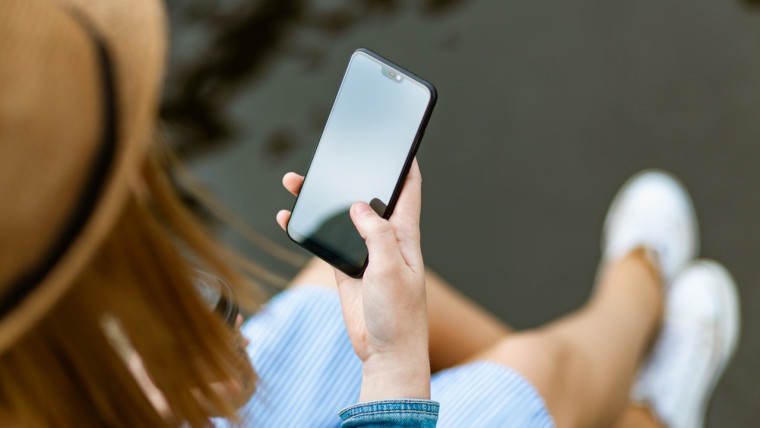
A new study published last month (via BBC News) looked to see whether there was any association between excessive smartphone use and other offline consequences. The researchers from the University of Chicago, University of Cambridge, and the University of Minnesota found that excessive phone use was associated with mental health issues, lower grades, alcohol use, and an increase in sexual partners.
The researchers initially reached out to more than 9,000 people, but only 3,425 people answered the questions about smartphone use. Of those, 687 (20.1%) said they used their phone too much. They were more likely to be female, undergraduates, have lower grade point averages, and belong to fraternity/sorority houses.
In the results, the researchers found that alcohol usage was higher among the group of 687 with the link being described as “significantly associated.” While alcohol use was up, the researchers found that excessive phone use was not associated with any other drug problems.
With regards to sex, the researchers found out that those who use their phone excessively were significantly more likely to have had more sexual partners in the last 12 months. The study looked at each group and how many partners people in those groups have had in the last year, it found that those who use their phone more were more likely to have had two, three, four, or six or more partners than those with normal phone use.
As for mental health issues, those who use their phone more were found to have a higher score on the Barratt Impulsivity Scale, have poorer self-esteem, have higher rates of ADHD, PTSD, and worse anxiety and depressive symptoms. With that said, excessive phone use was not significantly associated with binge eating disorder or with taking prescribed medication.
The results of this study add to the growing amount of evidence that highlights the impact screens are having on people’s lives. The World Health Organisation, for example, has already begun recognising obsessive gaming as an illness.









_small.jpg)










32 Comments - Add comment